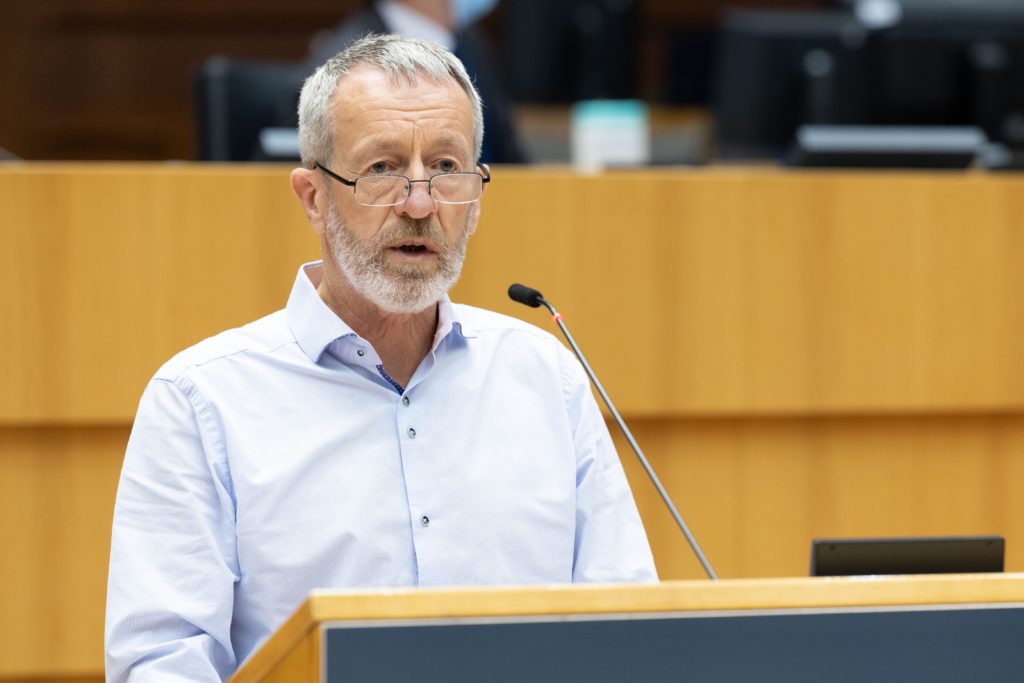Published: Wed, 17 May 2023
Share this

Sean Kelly, MEP for Ireland South, has voiced his concerns over the European Commission’s proposal to ban the use of microplastics in sports fields, cosmetics, and cleaning products. While acknowledging the negative environmental impact of microplastics, Kelly emphasizes the need for a “balanced approach that considers the socio-economic consequences and the interests of sports in communities”.
The European Commission’s proposal specifically targets the use of microplastics derived from old tires as infill on artificial sports surfaces, including those used for football, hockey, GAA, and rugby training facilities.
The increased usage of old tires in artificial turf can be attributed, in part, to the ban on landfilling scrap tires in the EU. However, a ban on their use in sports pitches would pose challenges for the EU recycling industry, as the leftover rubber would not be easily absorbed. “This would likely result in more tires being exported beyond the EU for incineration, leading to increased emissions and further environmental damage”, said Kelly.
Kelly acknowledged that microplastics pollution caused by artificial sports pitches is significantly less than that generated by the manufacturing and use of new tires on the road. He highlights that the proposed ban “would impact up to 2,500 artificial pitches in Ireland alone and tens of thousands of surfaces across the EU, affecting sports clubs, schools, communities, colleges, and universities.”
In Irish football, for instance, there are approximately 600 all-weather full-sized pitches attached to soccer clubs, along with thousands of smaller facilities in communities, schools, and colleges. The cost of constructing a full-sized facility currently ranges from €400,000 to €600,000, a figure that would substantially increase if environmentally-friendly alternatives, such as coconut shell, hemp, or cork, were mandated. However, these options may not be feasible or sustainable and may not be suitable for cooler climates.
Kelly expressed concern for the potential consequences of the ban, stating, “hundreds of sports clubs across the country received grants from the government to build artificial pitches, and with a ban, we could see many of these clubs disappear due to the weight of the final burden.” He also highlights “the absence of a clear cost-effective alternative and emphasizes the need for a comprehensive impact assessment to understand the socio-economic implications of such restrictions.”
“As the science is evolving, there are no perfect solutions at this stage, however it is imperative that we strike a balance between environmental protection and the legitimate interests of sports,” Kelly asserts. “Advocates for a complete and immediate ban must recognise the consequences for local sporting clubs throughout the entire EU. The pandemic showed us the importance of sport, not only for physical health but also for mental well-being. Proper and practical transition periods or other phase out plans, with identified alternatives, must be included if we are to provide a holistic solution. ”
The proposal adopted by the REACH Committee will now undergo scrutiny by the European Parliament and the Council, who have three months to object and potentially block the measure. Kelly encourages a thorough evaluation of the proposal to ensure “a fair and equitable solution that safeguards both the environment and sport in our communities”.